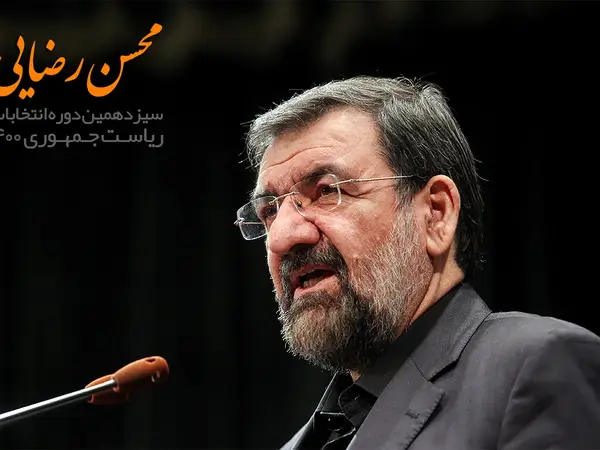Media in Iran have been warning this week about the consequences of rising inflation, in the light of recent antigovernment protests.
According to the latest official figures, the annual inflation rate reached 47.7 percent in February-March, while point to point inflation is estimated to be at 64 percent in the same period.
According to Khabar online this level of inflation is unprecedented during the past 50 years, adding that some government officials' wishful thinking about the possibility of reducing inflation to 30 and even 20 percent is a "dream."
Last week, when President Ebrahim Raisi called on government officials to offer their solutions for lowering the inflation rate, former Central Bank Governor Abdolnaser Hemmati sarcastically said: "Don’t you believe it is a bit too late after 1.5 years in office as President?"
Nonetheless, the new Central Bank Governor Mohammad Reza Farzin promised to lower inflation to 20 to 30 percent but did not say how. Supreme Leader Ali Khamenei has called the new Iranian year "the year of controlling inflation and boosting production." However, experts say that it is unlikely for any government to be able to bring the inflation rate to the level of a decade ago when it was between 16 to 22 percent.
Inflation began to rise when the United States withdrew from the Obama-era nuclear accord with Iran and imposed crippling sanction in 2018.
Massopud Mirkazemi, the chairman of Iran's Planning and Budget Organization has also said that lowering inflation to 30 percent is feasible. He said this can be done by introducing monetary discipline in all government offices.
Economist Saeed Mesgari told Khabar Online that "the best any government can do is to reduce the current inflation rate by only 10 percent, but I cannot see the will to do that in this government." He added that an inflation rate between 40 to 50 percent will linger in Iran as long as the government refuses to bring about economic reform.
The economy, he said is suffering from accumulated challenges which have brought inflation to a new level.
Meanwhile, Khabar Online wrote in another report that hard-line political figure Yaser Jebraili, and Mohsen Rezaei who happens to be the vice president for economic affairs, have started a move to take over the government's economic team. Apart from Rezaei, the team includes Economy Minister Ehsan Khanduzi, budget chief Mirkazemi and Vice President Mohammad Mokhber.
The report added that the brother of President Ebrahim Raisi’s son-in-law, Meysam Nili has teamed up with Rezaei and Jebraili to pursue this goal. Rezaei who has been sidelined in the government economic team, has always claimed that he has the definite solution for Iran's economic crisis but has never offered a clear plan other than suggesting to make money by taking US soldiers in the Persian Gulf region hostage and demanding ransom before releasing them!
In the absence of government measures to control rising prices, some clerics have come up with rather funny solutions. Davoud Mehdizadegan, a cleric in charge of compiling university textbooks has said that a serious campaign against women who remove their hijab can help solve the country's economic problems!
While the pressure of increasing prices have been mounting, some pro-government officials' suggestion to increase the price of gasoline has caused more worries among the public. Such suggestions come although throughout Iran's modern history, any increase in the price of gasoline has had a dramatic domino effect on other prices and has led to unrest.
According to Aftab News, some experts have even warned the government that there is a limit to price increases that the nation can tolerate. During the past months many commentators in Iran have warned that further price hikes are likely to trigger another round of protests.
In November 2019, a sudden government decision to double the gasoline price led to protests in more than a hundred Iranian cities which left at least 1,500 dead.
